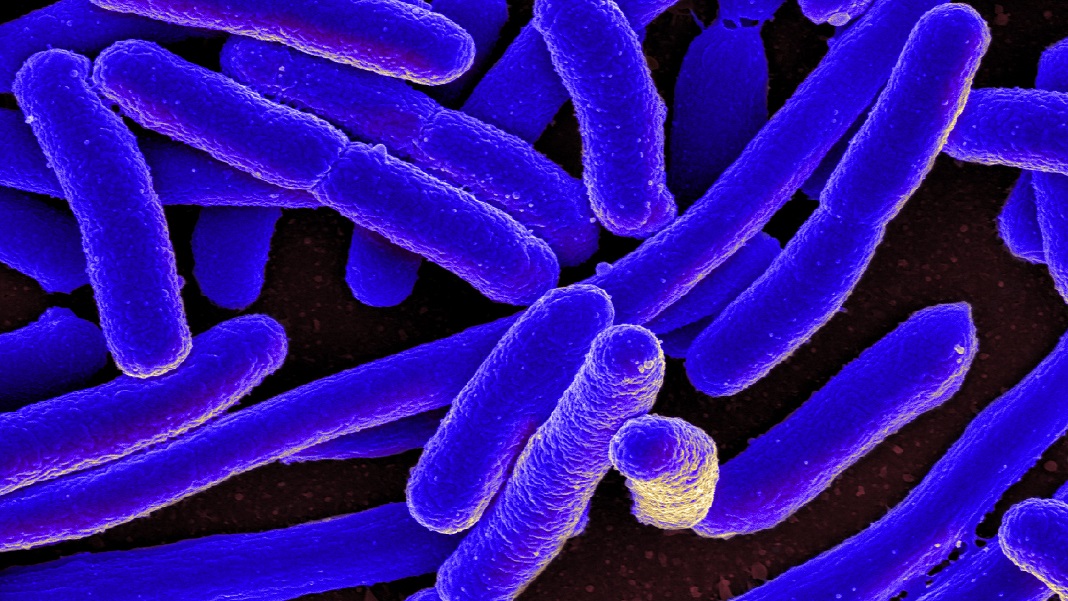
Now scientists have used CRISPR to remove and add genes to these cells to help them recognize a patient’s specific tumor cells.

The length of our day changes slightly over a six-year period. This recent discovery has perplexed scientists for about a decade and now we know the reason for it - it is the Earth core.

UK scientists have begun the first clinical trial of lab-grown red blood cells, with the hope that they survive longer in volunteers than donated blood cells.

The engineered bacteria are now resistant to even the most aggressive viruses, with little chance of leaking their synthetic code into the wild.

Dutch researchers discovered a new process that uses fuel to control non-living materials, similar to what living cells do. The discovery is a step towards soft robotics; soft machines that can sense what is happening in their environment.

The study used whole genome sequencing to examine the entire genomes of over 7,000 individuals with autism. The team found 134 genes linked with ASD and discovered a range of genetic changes.

By bringing pure water into contact with an electron-sharing alkali metal – in this case an alloy of sodium and potassium – free-moving charged particles can be added, turning water metallic.

Technically referred to as sedaDNA – for sedimentary ancient DNA – the recovered samples are likely to prove useful in the ongoing efforts to understand how climate change could affect Antarctica in the future.

The cerebellum is known primarily for the regulation of movement. Researchers have now discovered that the cerebellum also plays an important role in remembering emotional experiences.

The Nobel Prize for Physics 2022 has been awarded to three physicists working on quantum mechanics - Alain Aspect from France, John Clauser from the United States and Anton Zeilinger from Austria.

Chinese researchers have created the world’s first cloned Arctic wolf — an achievement that could help save other species from extinction and ensure the biodiversity of our planet.

China became the first country to approve a needle-free, inhaled version of a Covid-19 vaccine. The vaccine is similar to those developed by AstraZeneca Plc and Johnson & Johnson.

A new method for entwining the fates of fragments of light has overcome some serious obstacles on the road to photon-based quantum computing.

At the Chinese Academy of Sciences' Steady High Magnetic Field Facility, a magnet years in development achieved a steady magnetic field of 45.22 tesla – tens of thousands of times more powerful than an souvenir fridge magnet.

A team of stem cell researchers in Israel was able to create the world’s first synthetic embryos from mice stem cells, a scientific feat that could hold the key to ending animal testing in medical research and offer new solutions to healing people.